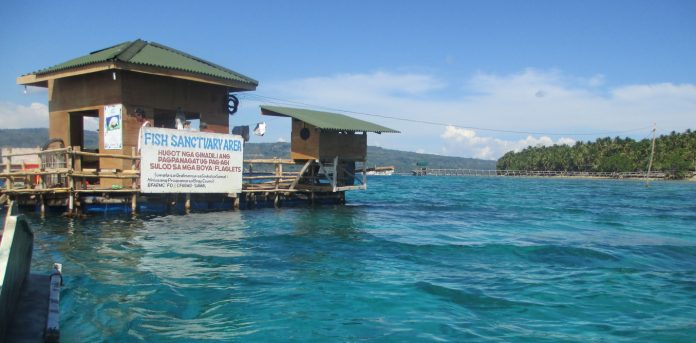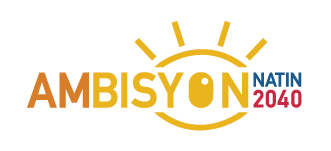Jonathan L. Mayuga (BusinessMirror)

AN ocean conservation advocacy non-governmental organization on Thursday lauded the adoption of small-scale fisheries model, a policy to be pushed by the government under the Philippine Development Plan (PDP) 2017 to 2022 approved last month.
In a news statement, Rocky Sanchez-Tirona, vice president for Rare Philippines, said in its latest development plan the government announced a commitment to pursue preferential access for small-scale fishers in managing coastal fishing grounds and marine sanctuaries.
The PDP 2017 to 2022 sets targets and lays down policies that serve as the basis for government strategies in achieving social and economic growth. The plan also serves as guiding framework for investment programming of the government, including projects that require official development assistance.
Rare has actively participated in the formulation of the PDP through public consultations.
The PDP asserts that “strongly motivating behavioral change at the national, community and individual levels” would be “the most effective strategy” in managing and conserving natural resources. This is embodied in Chapter 20: Ensuring Ecological Integrity, Clean & Healthy Environment.
Rare promotes the ecosystems approach to fisheries management and is working with local government units (LGUs) and coastal communities to promote managed-access areas wherein the protectors of local marine-protected areas (MPAs) will have preferential right to fish in designated areas outside fish sanctuaries.
This is consistent with the government plan to scale up community-based strategies that include territorial-use rights in fisheries, marine protected areas (MPAs), and seasonal closures for select species under the PDP 2017 to 2022.
“Networks of MPAs, fish refuge and sanctuaries and managed access areas will be pursued to improve ecological connectivity,” according to the PDP, as the government looks to implement these measures across municipalities on a national scale.
With the support of partners like the United States Agency for International Development, the German Environment Ministry, the Global Environment Facility and Bloomberg Philanthropies’ Vibrant Oceans Initiative, Rare has spent the last five years developing pilot projects in more than 30 municipalities that promote locally based rights for fishers in the Philippines.
These projects include the establishment of managed-access areas to support coastal fishers and protect the marine resources they depend on.
Among the sites that have passed local ordinances and implemented this scheme are Cortes and Cantilan in Surigao del Sur; Tinambac and Caramoan in Camarines Sur; Bindoy in Negros Oriental; and Del Carmen in Surigao del Norte. Fifteen more sites are set to follow within the year. Rare has worked or is currently working with 93 coastal municipalities to assist them in managing their marine and fishery resources.
In addition, Rare has been working with the National Economic and Development Authority, the government agency in charge of crafting the PDP, on a study designed to enhance coastal resource management planning at local and national levels, and identify appropriate financing schemes that would help sustain municipal fisheries.
“The Philippines is one of the top 10 fishing nations in the world. We believe that this new commitment to giving local fishers the right to manage coastal marine resources will be critical in sustaining the country’s ocean economy. We are pleased to see these policies prioritized in this new plan,” Tirona said.
The managed access + sanctuaries approach of Rare is complemented by behavior change campaigns to inspire compliance among fishers. Rare has helped local leaders run over 350 behavior change campaigns for conservation in more than 50 countries.
“The inclusion of these critical strategies for small-scale fisheries marks a pivotal point for fisheries management in the Philippines, and paves the way for the next phase of Rare’s work— we are optimistic that further policy, financing and institutional reforms will expand the possibility for local governments in coastal areas to access the support they need to sustainably manage their fisheries and marine resources and improve the lives of over 1.8 million fishers and their families,” Tirona said.
